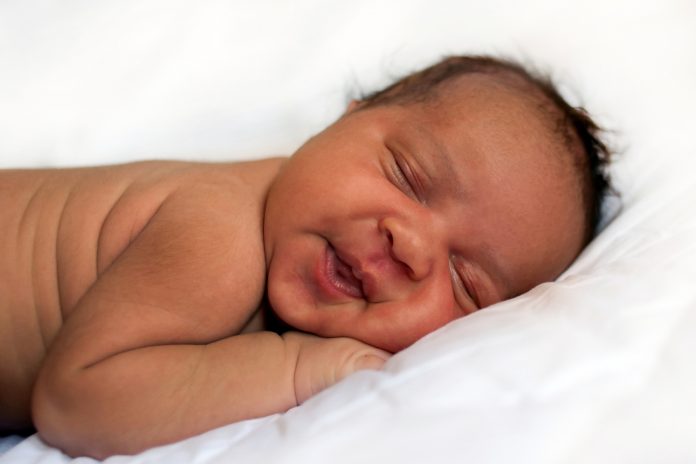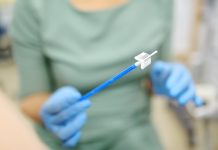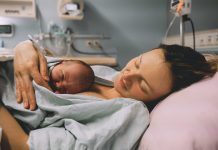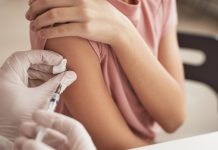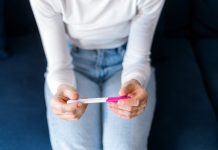Physician-researchers reveal that newborns of expectant mothers with COVID-19 can suffer indirect adverse health risks, particularly those of socially vulnerable mothers
Physician-researchers, from Beth Israel Deaconess Medical Center (BIDMC), Brigham and Women’s Hospital, Boston Children’s Hospital and Massachusetts General Hospital, examined the neonatal outcomes of 225 babies born to mothers with a positive SARS-CoV-2 test result at 11 hospitals.
Out of the 255 neonates studied, 88.2% were tested for SARS-CoV-2 and only 2.2% had positive results, however, while infection rates among newborns were relatively low, worsening maternal illness accounted for 73.9% of preterm births.
Preterm birth
The team found that short-term adverse outcomes were most associated with preterm birth rather than infection, however, newborns of socially vulnerable mothers were at an increased risk for testing positive.
Corresponding author Asimenia Angelidou, MD, PhD, a neonatologist at BIDMC, said: “At the start of the pandemic, there was very little data to guide evidence-based newborn care practices.
“We believe ours is the first study to dive into the risk factors for mother-to-newborn SARS-CoV-2 transmission. We expected the mode of delivery and/or the degree of maternal illness to increase the risk of newborn infection, but were surprised to find that this was not the case.”
Senior author Mandy Brown Belfort, MD, MPH, Director of Clinical Research in the Department of Pediatric Newborn Medicine at Brigham and Women’s Hospital and Associate Professor of Pediatrics at Harvard Medical School, said:
“We found that of babies born to mothers with COVID-19, very few babies tested positive. Instead, the adverse health impact of maternal COVID-19 on the newborn was from preterm delivery, usually prompted by a mother’s worsening illness. Our findings support the need for thoughtful and collaborative decision-making around delivery timing in the setting of maternal COVID-19 illness.”
Socially vulnerable mothers
“This observation that newborns of socially vulnerable mothers were five times more likely to have COVID-19 highlights that health disparities are very complex and extend beyond race, ethnicity and language status,” added Angelidou, who is also Instructor in Pediatrics at Harvard Medical School.
“Social vulnerability likely affects health and immunity and our study supports further research in this area. Reallocation of resources to socially vulnerable communities could go a long way in decreasing human suffering and economic loss during disease outbreaks.”
“While the low rates of neonatal infection we observed are reassuring, it is important that providers remain vigilant.” concluded Angelidou, who is also a scientist at the Precision Vaccines Program in the Division of Infectious Diseases at Boston Children’s Hospital.
“Even during public health emergencies like the ongoing pandemic, providers need to carefully monitor newborns for atypical signs of the illness, while also trying to avoid unnecessary premature deliveries that pose inherent risks for both mother and child.”
The study has been published in JAMA Network Open.

